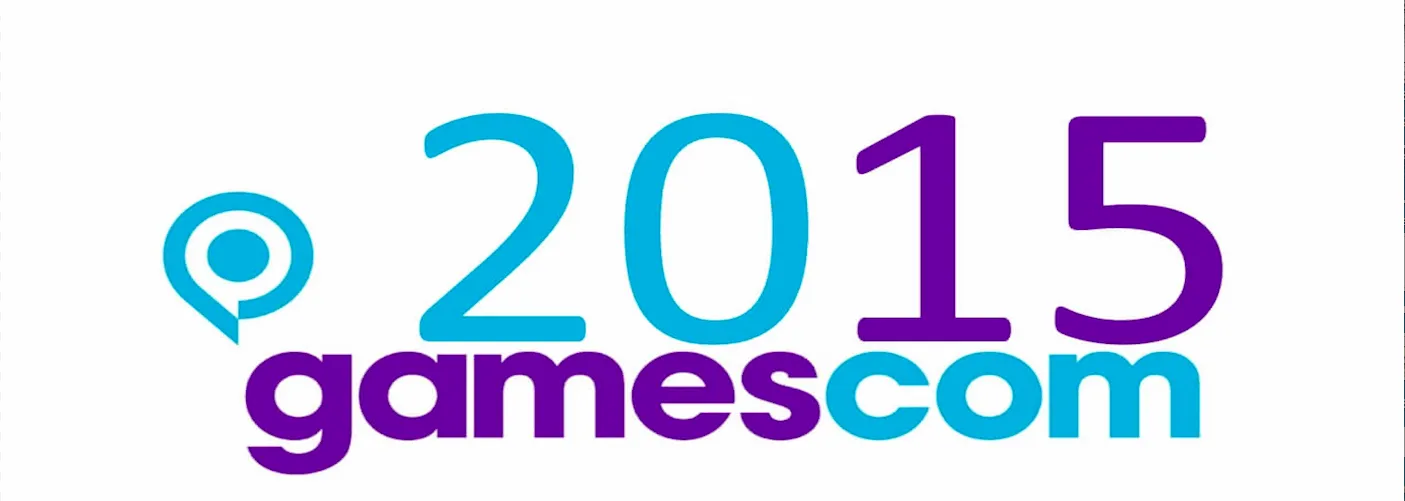
HOW WILL USER-GENERATED CONTENT AFFECT THE FUTURE OF VIDEO GAMES?
For those of us in the moderation business, when someone says their new game will have user-generated content, the first thing that goes through our mind is, “You are going to look at it first before it goes live, right?”
User-generated content (UGC) can take many forms. When you create a character in a multiplayer game like World of Warcraft, and you give it a name — that name is user-generated content. Some MMOs let you write a backstory for your character to be displayed on your profile. That backstory is UGC. In some games that are geared toward more mature audiences, UGC is fairly unregulated and you get some, shall we say, interesting examples. In games and sites aimed at younger audiences, it is of vital importance to regulate UGC.
 There have been many games (including those published and those that never saw the light of day) that have promised high degrees of UGC. Minecraft, of course, comes immediately to mind. (Perhaps you’ve heard of it?) Naturally, UGC in sandbox games like that tend to be bounded by the limitations of the game’s dynamic private server. However, the reality and promise of public UGC has been around for quite a while. For example, even as far back as Ultima Online, which debuted back in the video-game stone age of 1997, players could write books that would become relatively permanent in the game world.
There have been many games (including those published and those that never saw the light of day) that have promised high degrees of UGC. Minecraft, of course, comes immediately to mind. (Perhaps you’ve heard of it?) Naturally, UGC in sandbox games like that tend to be bounded by the limitations of the game’s dynamic private server. However, the reality and promise of public UGC has been around for quite a while. For example, even as far back as Ultima Online, which debuted back in the video-game stone age of 1997, players could write books that would become relatively permanent in the game world.
 Recently, we have seen a huge increase in mods. Not the Metaverse kind of Mods. Rather, these “modifications” are unique game content crafted by players and shared in a variety of ways. Minecraft is probably the biggest example of this, but it’s also prevalent in such games as Team Fortress and Civilization. These mods are undoubtedly user-generated content, but they come in a form that’s based on voluntary participation — the e-player downloads that mod on their own; they’re not forced to see or use it. It’s fairly easy for a game developer to distance themselves from this kind of UGC, in cases of inappropriate content or just poor design by the mod creator.
Recently, we have seen a huge increase in mods. Not the Metaverse kind of Mods. Rather, these “modifications” are unique game content crafted by players and shared in a variety of ways. Minecraft is probably the biggest example of this, but it’s also prevalent in such games as Team Fortress and Civilization. These mods are undoubtedly user-generated content, but they come in a form that’s based on voluntary participation — the e-player downloads that mod on their own; they’re not forced to see or use it. It’s fairly easy for a game developer to distance themselves from this kind of UGC, in cases of inappropriate content or just poor design by the mod creator.
 One upcoming game caught my eye because it promises players an interesting way to reap the beneifts of UGC. Hello Games’ No Man’s Sky is apparently offering players the ability to name some aspects of their huge space-themed sandbox, such as planets. The typical thinking upon hearing this news is, “That’s awesome!” This is quickly followed by “except when the idiots start naming stuff.” There are still a lot of open questions about how this aspect of UGC is going to work in No Man’s Sky, so I don’t want to jump to any conclusions.
One upcoming game caught my eye because it promises players an interesting way to reap the beneifts of UGC. Hello Games’ No Man’s Sky is apparently offering players the ability to name some aspects of their huge space-themed sandbox, such as planets. The typical thinking upon hearing this news is, “That’s awesome!” This is quickly followed by “except when the idiots start naming stuff.” There are still a lot of open questions about how this aspect of UGC is going to work in No Man’s Sky, so I don’t want to jump to any conclusions.
There has been some controlled experiments with widespread UGC such as in LittleBigPlanet and especially Daybreak Game Studio’s Player Studio, where players can create items to sell in certain games. However, in the case of Player Studio at least, content is vetted and approved.
No Man’s Sky is just one of a handful of upcoming games that are talking about UGC. Many prominent game developers see UGC as a way to keep games fresh and dynamic while engaging with their player communities. Needless to say, accompanying those benefits are a plethora of potential hurdles and pitfalls. UGC remains a work in progress, and for those of us who love the video game industry, we’ll keep on fighting the good fight to make sure it’s used appropriately.
I’m currently taking in everything there is to offer here at Gamescom, with an eye on discovering which upcoming titles are talking about having UGC as a core element. If you know of any I should look at, give me a shout! And if you’re here at the show, drop me a line.
Rich Weil
Senior VP Global Operations

